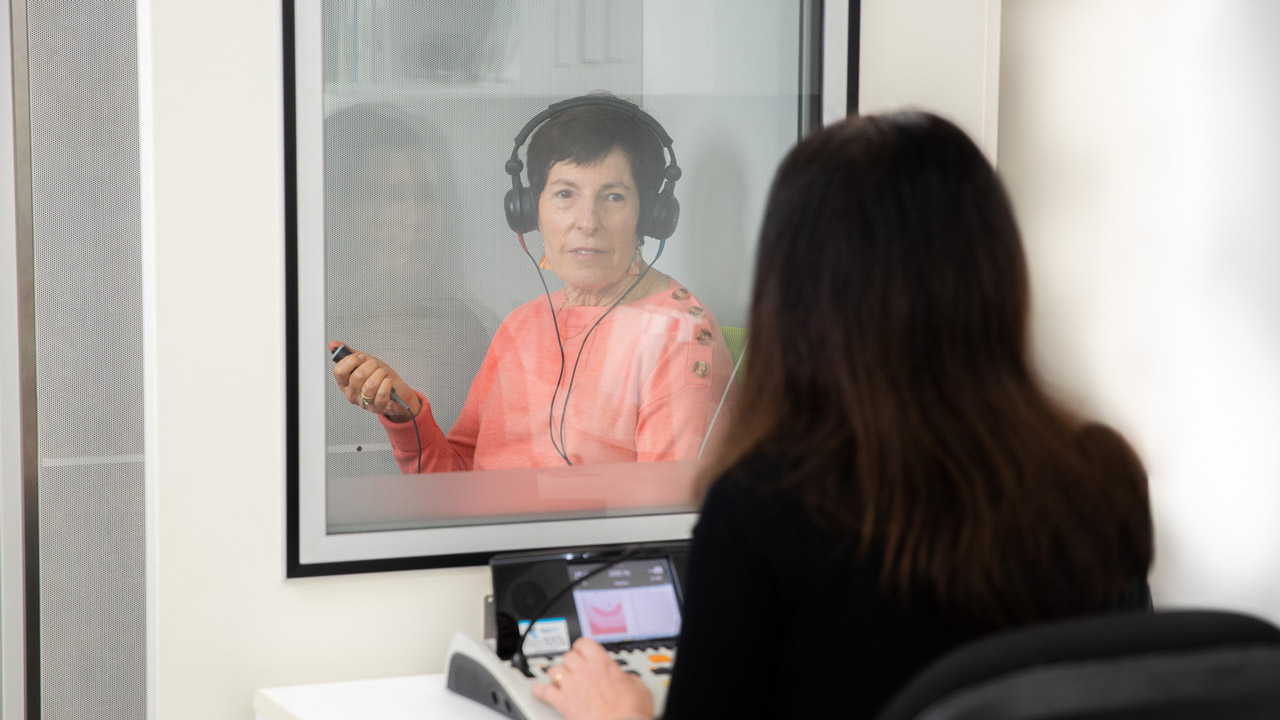Everything You Need to Know
Hearing loss is experienced by the majority of Australians as they age. Yet many people ignore the signs — on average, it is seven years from the time we are first aware of hearing loss until we take action.
Delaying help causes many people unnecessary stress and unhappiness. If you’re experiencing some of these common signs of hearing loss, Audiology Solutions is here to help.










